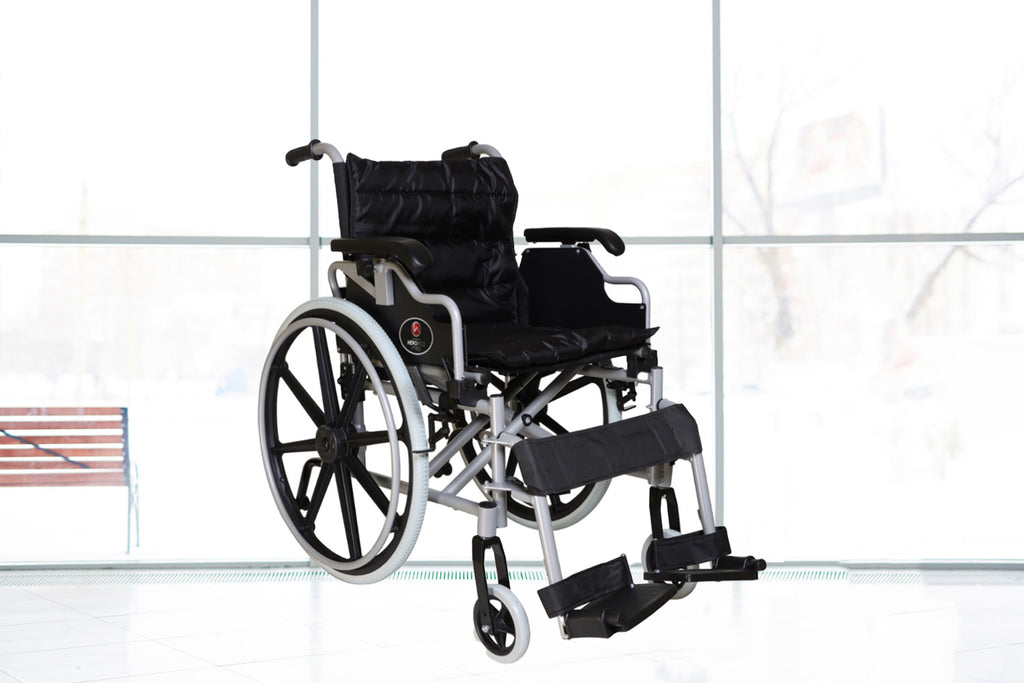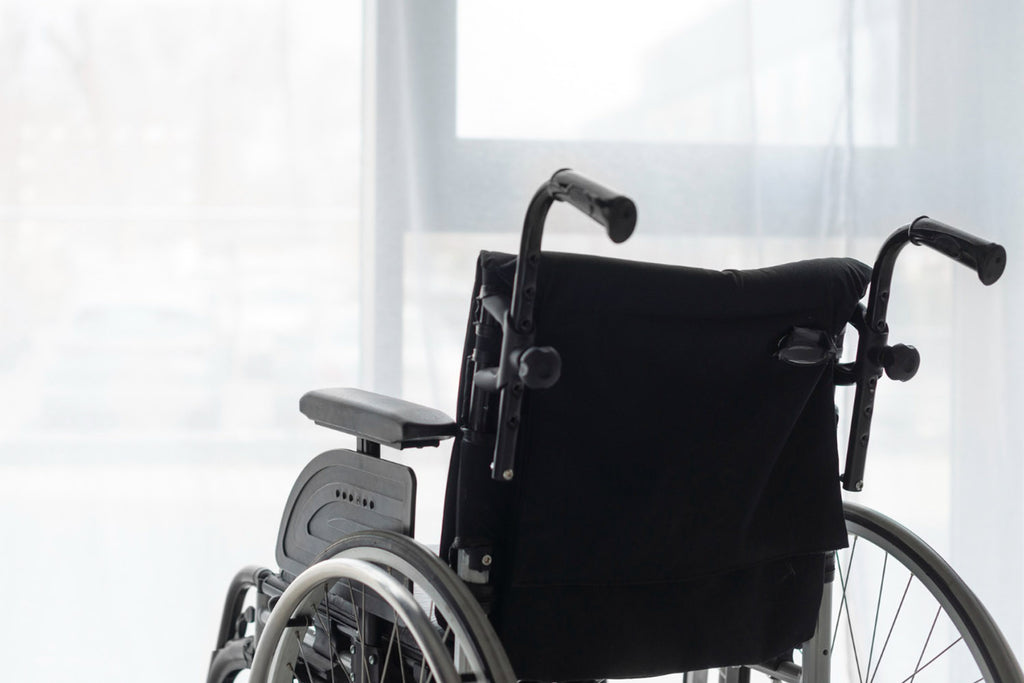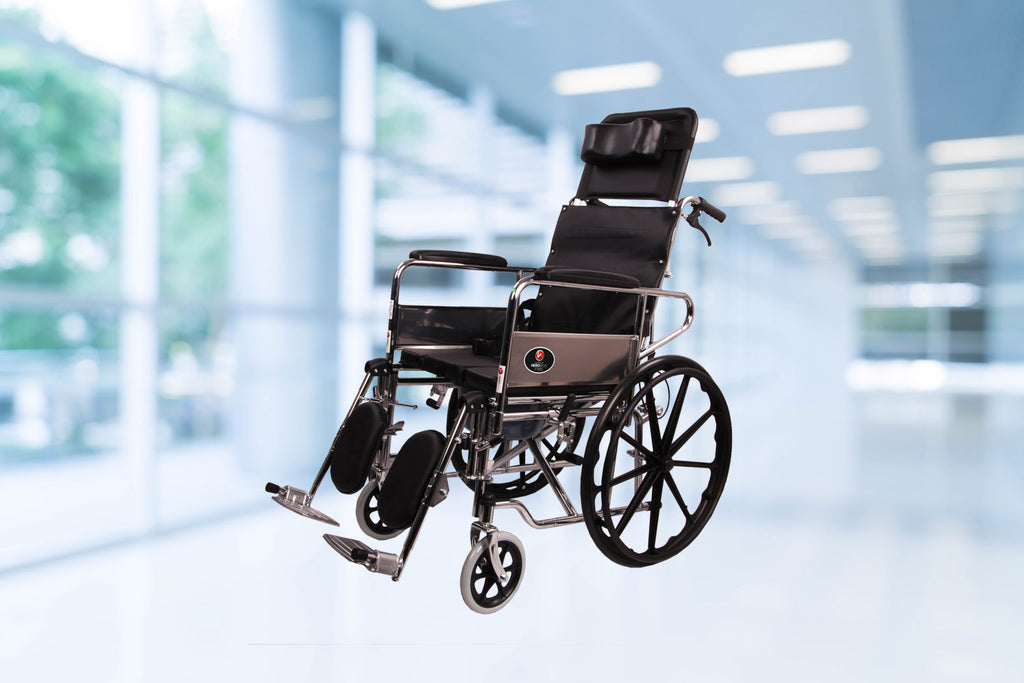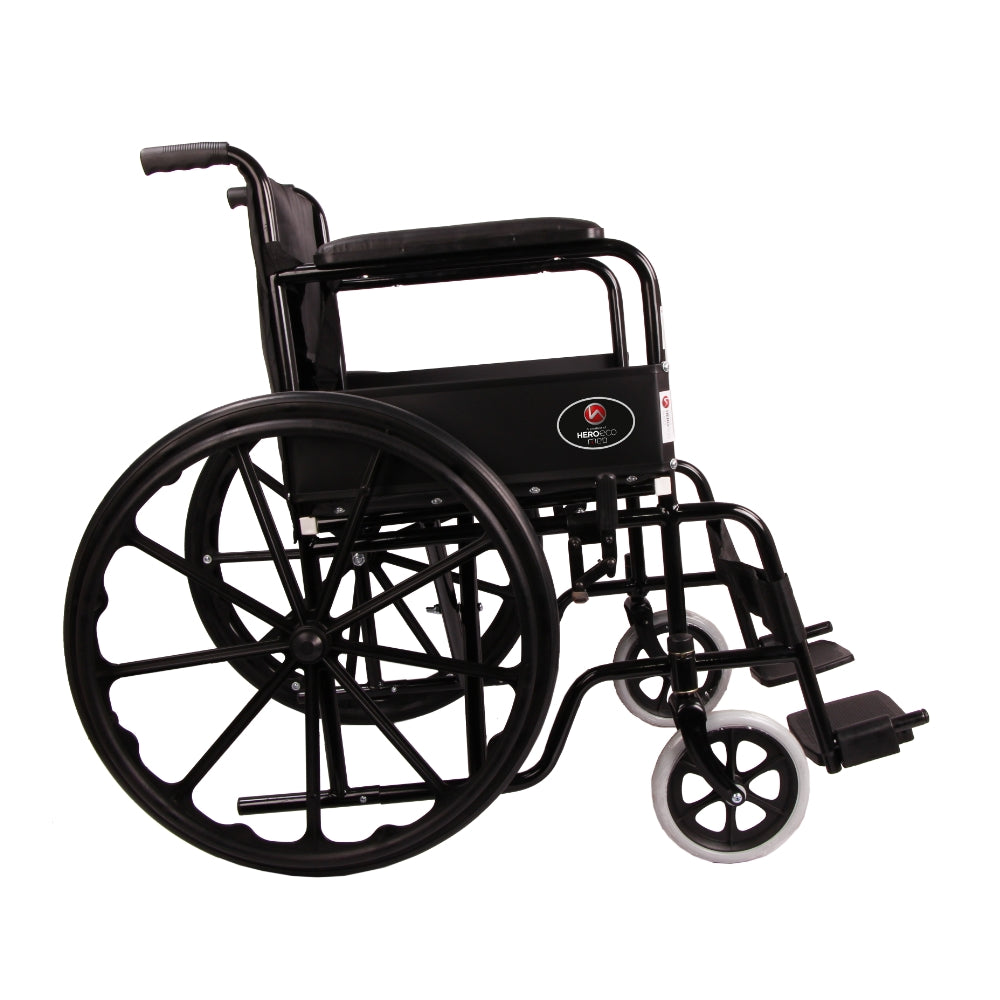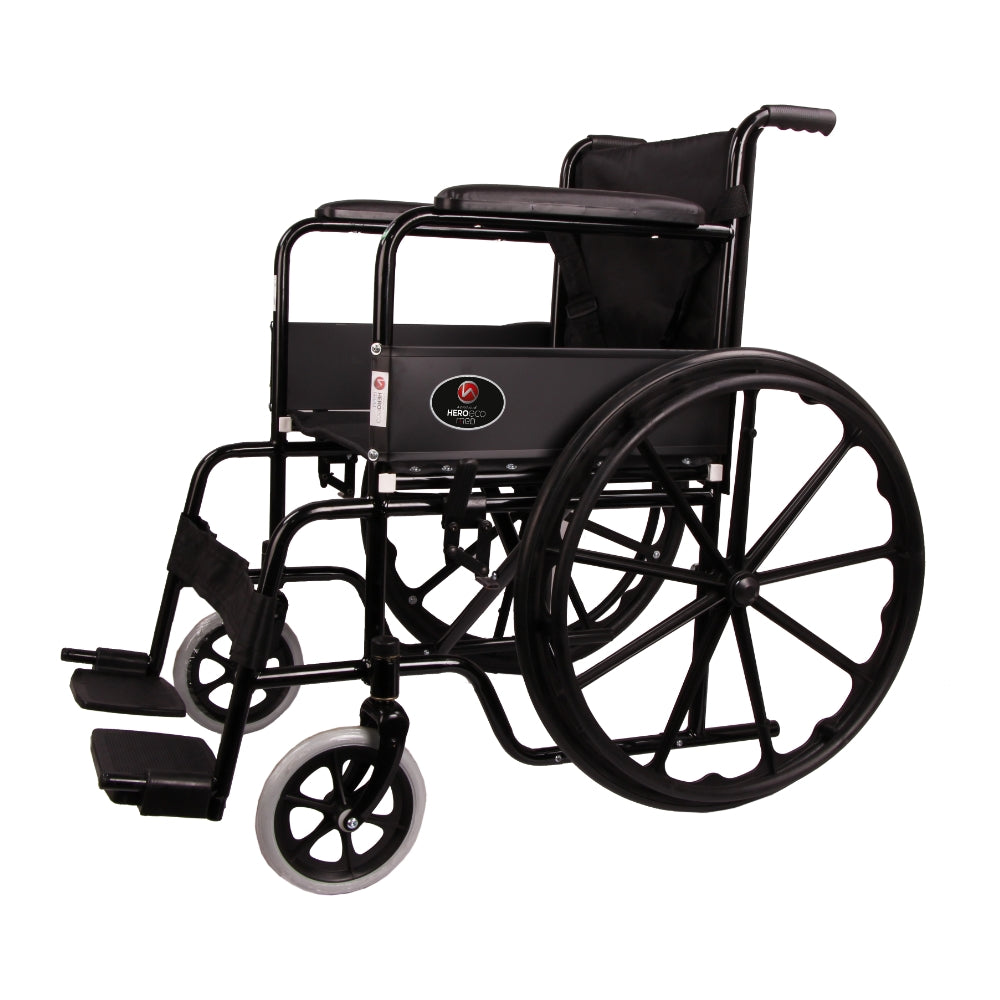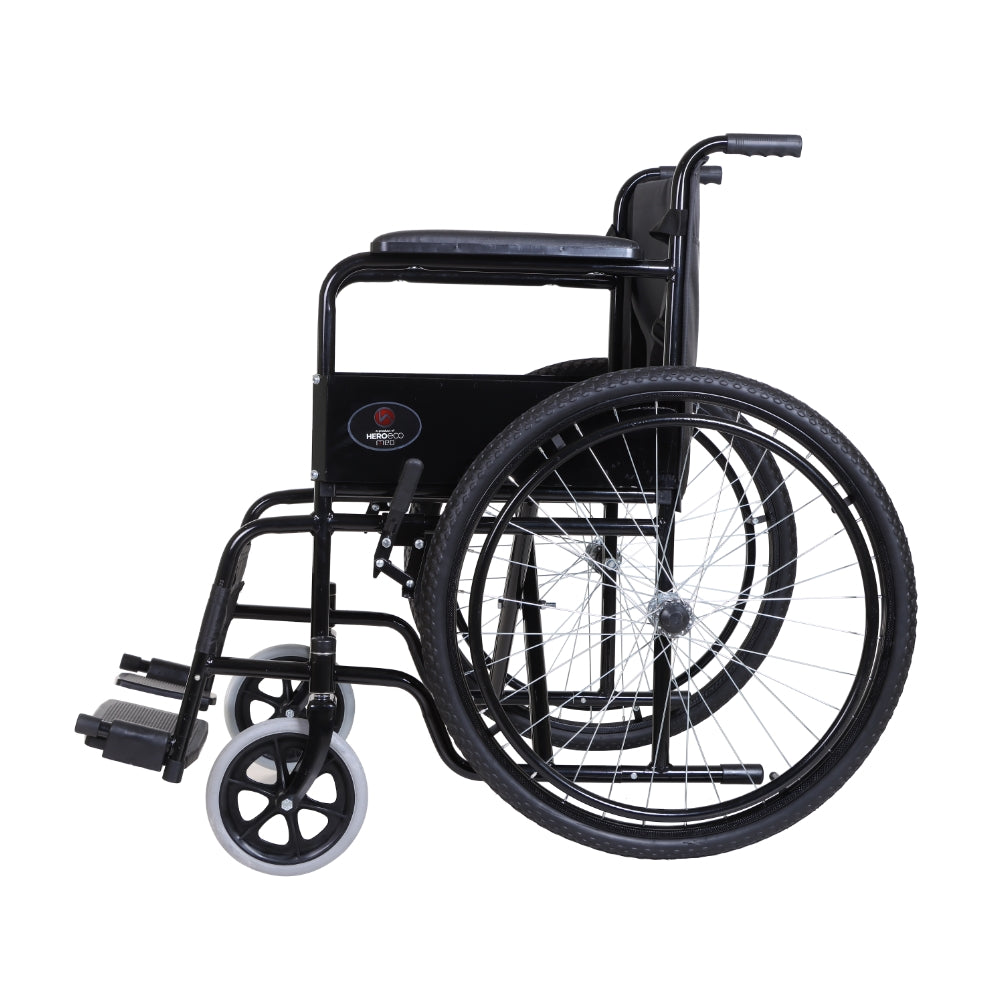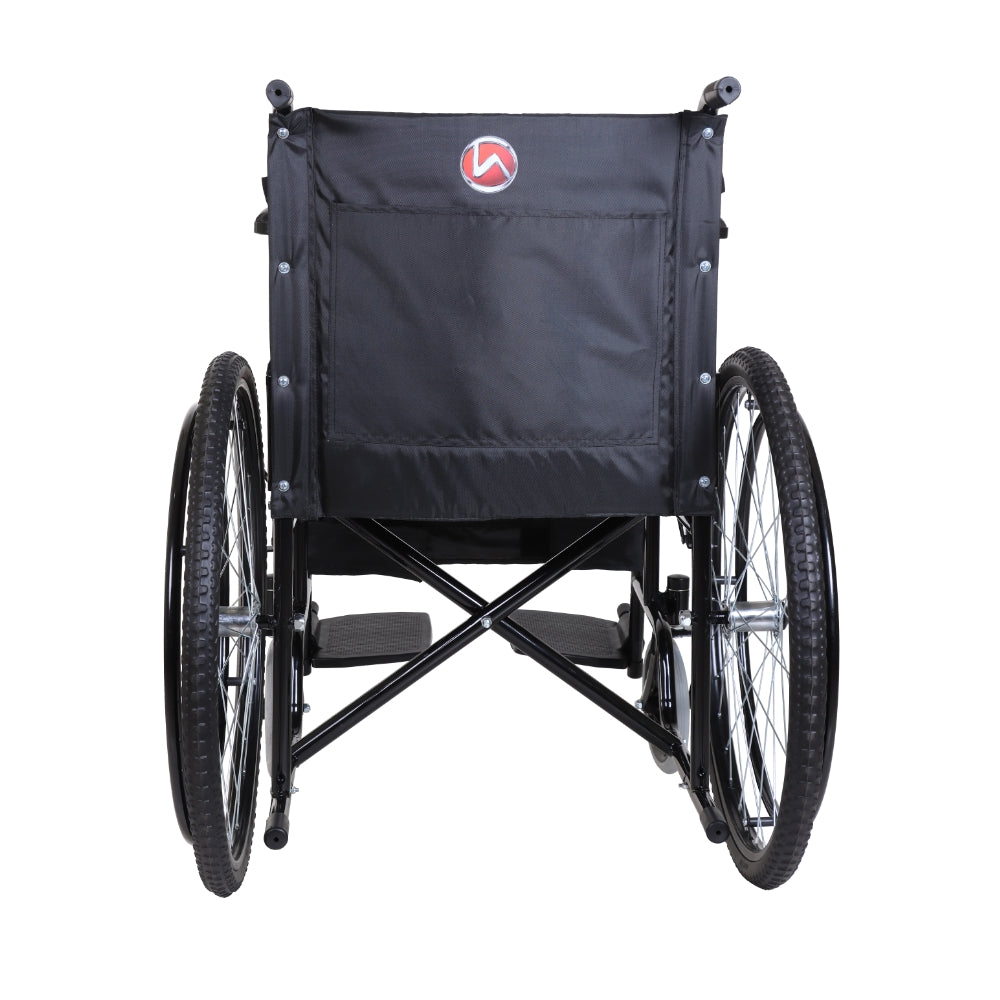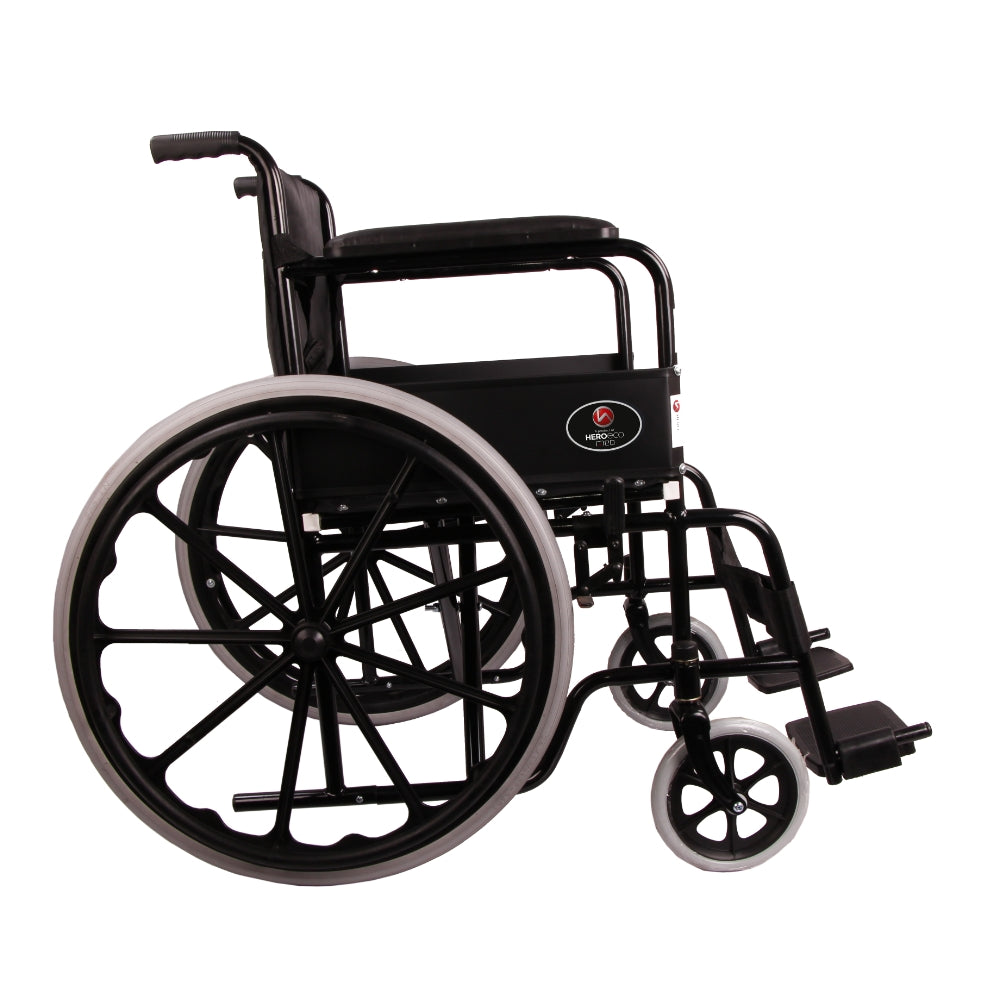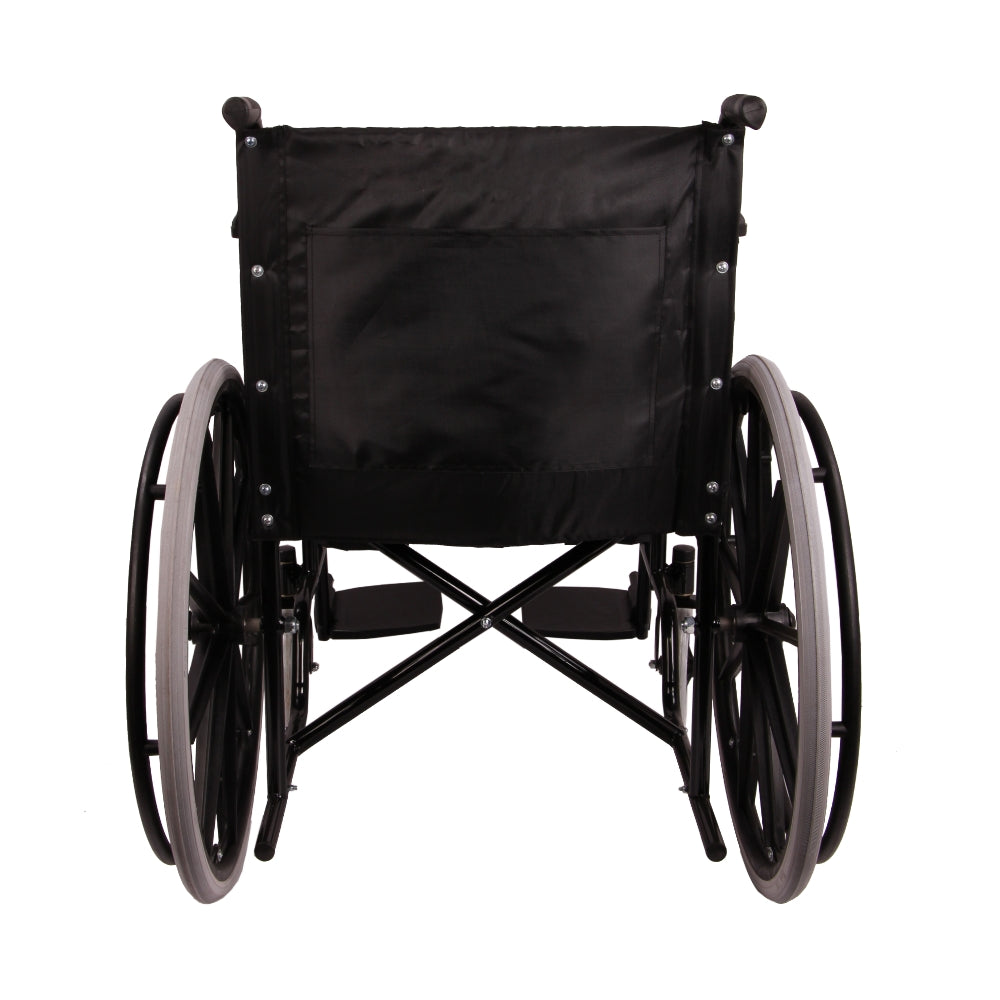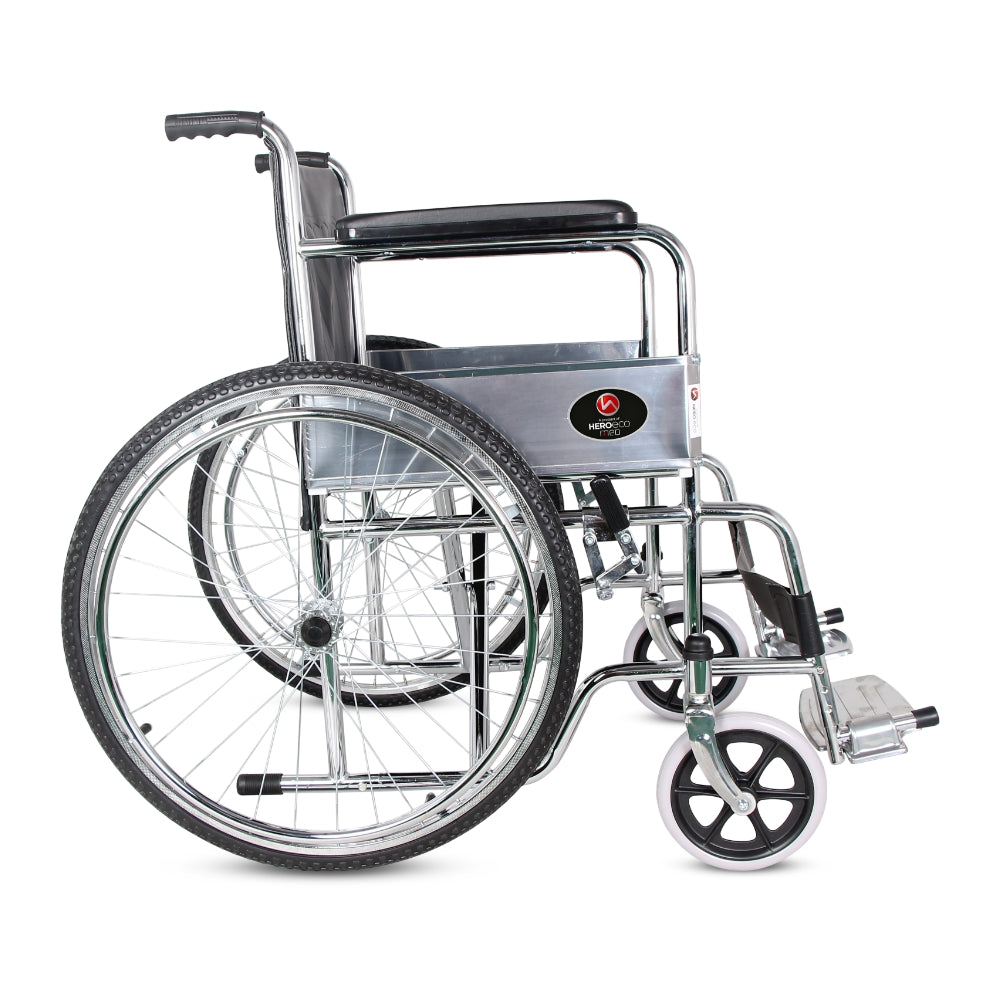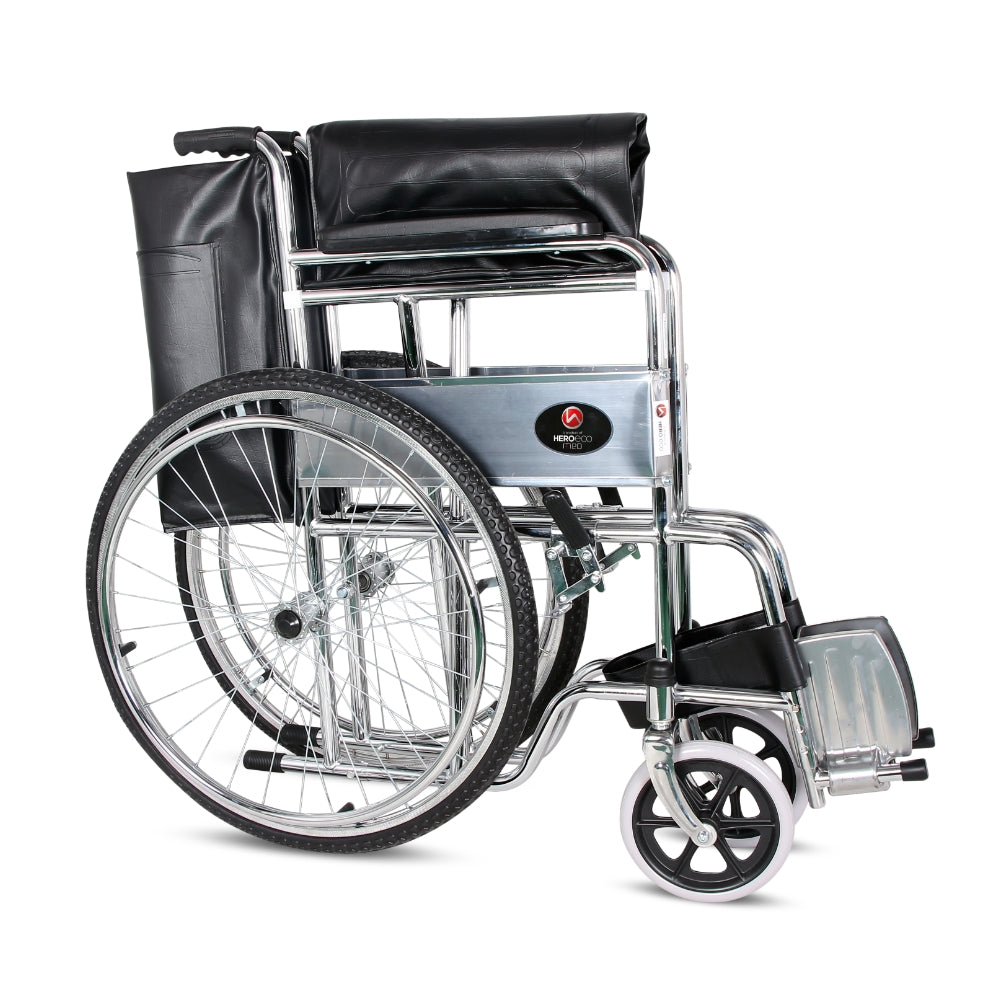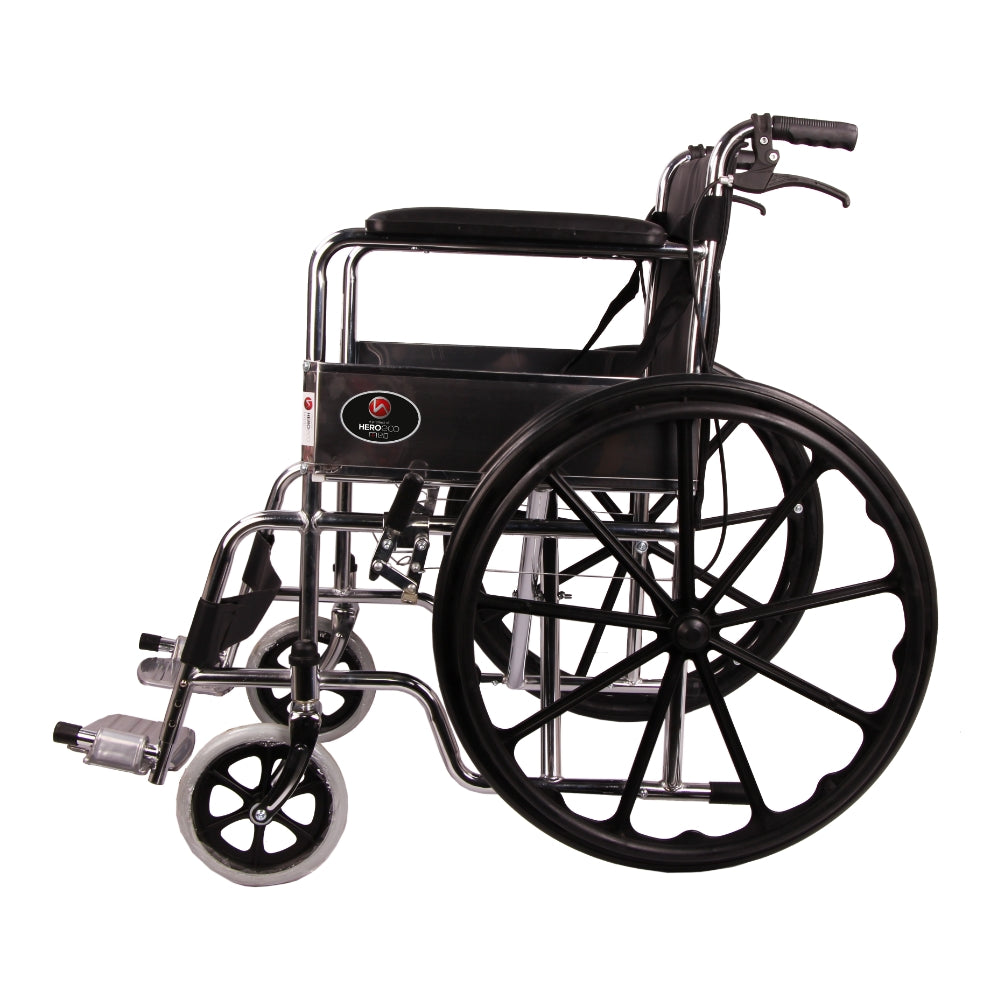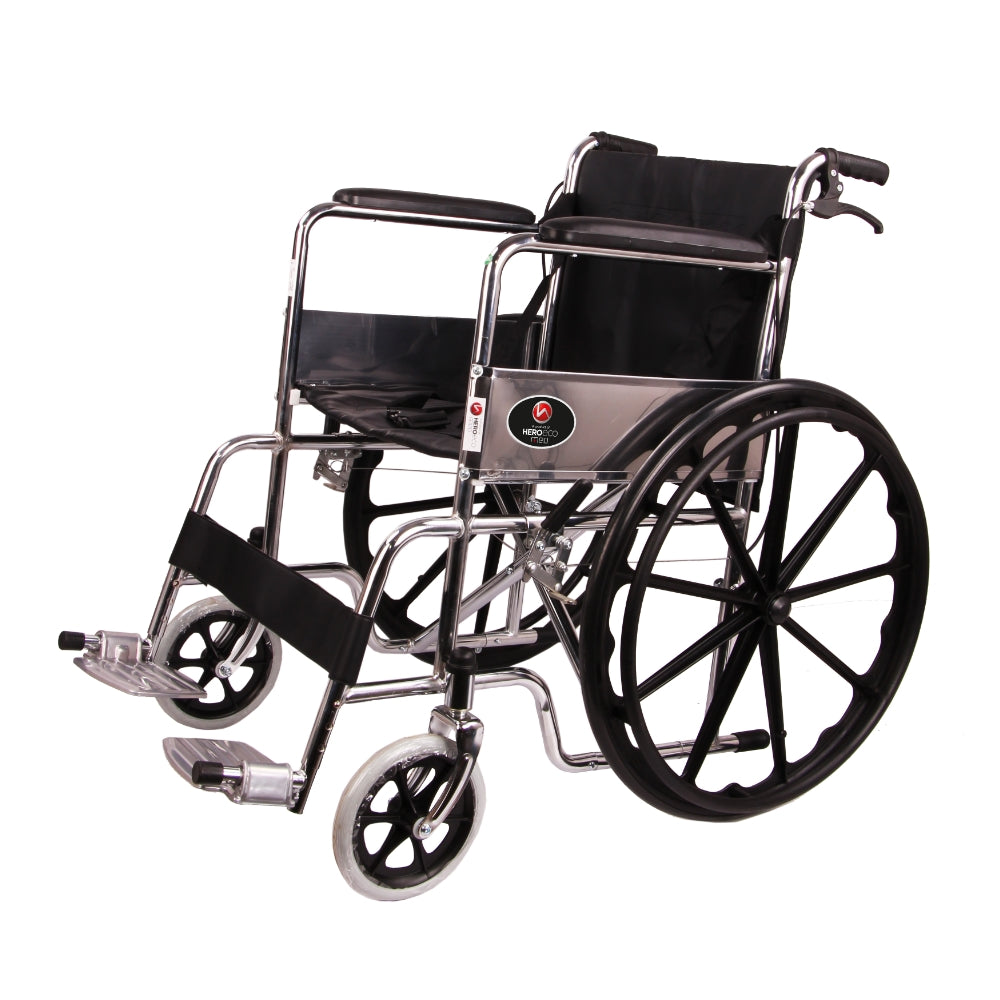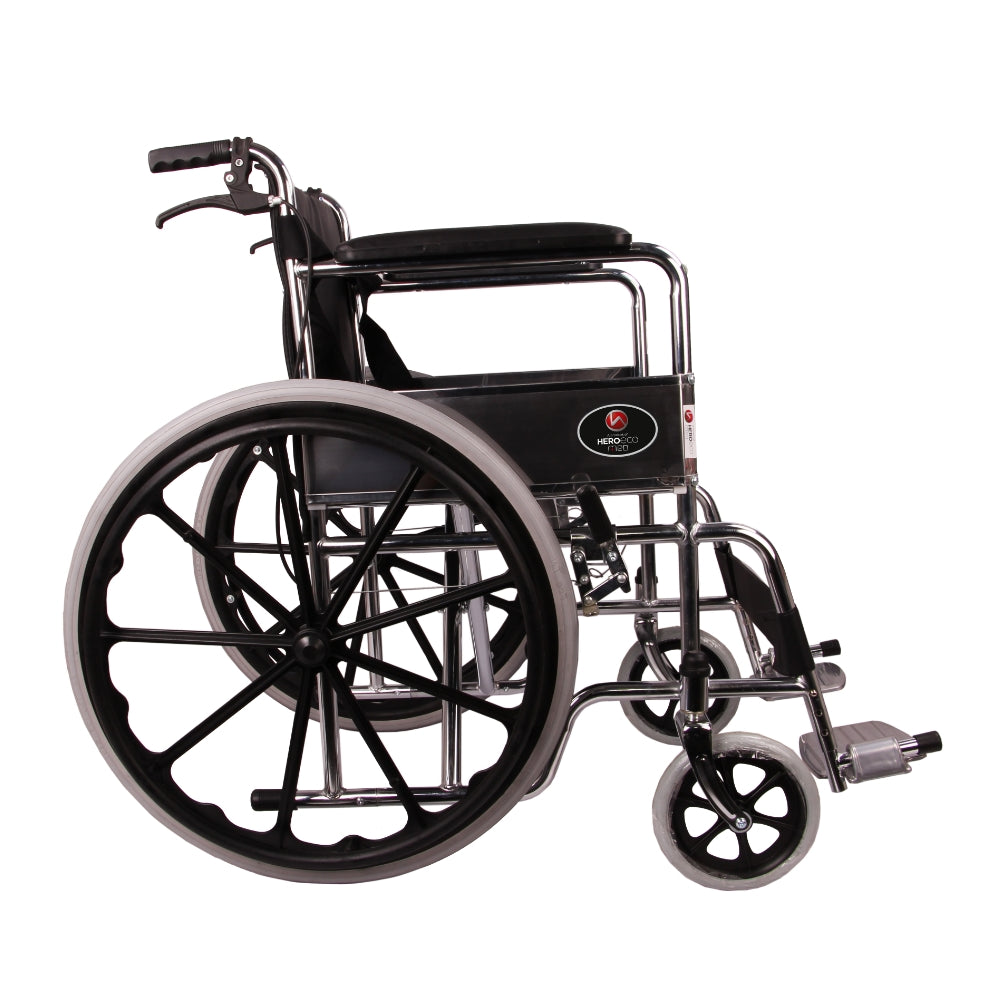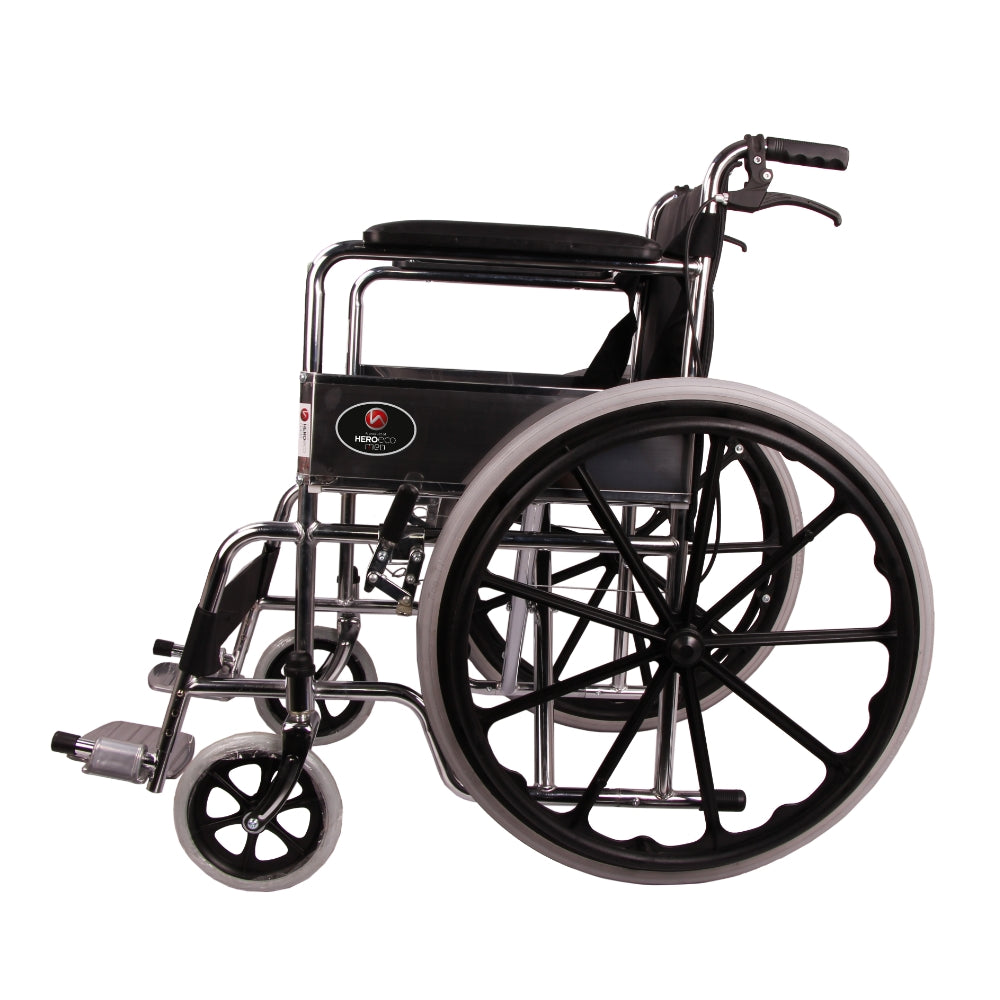
How to Choose the Right Medical Furniture for Hospitals and Homecare

Medical furniture plays a crucial role in ensuring the comfort, safety, and efficiency of both patients and healthcare providers. Whether setting up a hospital facility or creating a comfortable homecare environment, selecting the right furniture is essential. This guide will help you understand the key factors to consider when choosing medical furniture to meet specific needs.
1. Assess the Requirements of the Space
Start by analyzing the purpose and type of care the space will provide.
- Hospitals: Focus on durability, multi-functionality, and ergonomics. Furniture like motorized clinical beds, examination tables, and stretchers should prioritize patient comfort and caregiver efficiency.
- Homecare: Prioritize compact, lightweight, and user-friendly designs that blend with the home environment, such as manual beds or folding wheelchairs.
2. Prioritize Comfort and Safety
Medical furniture should enhance patient recovery and ensure safety.
- Look for ergonomic designs that minimize strain on both patients and caregivers.
- Choose furniture with anti-slip features, adjustable height, and locking mechanisms to avoid accidents.
- For mobility aids, ensure they are lightweight yet sturdy, with features like padded grips and smooth wheels.
3. Quality and Durability
Invest in high-quality furniture made from durable materials.
- Hospitals require furniture that can withstand heavy use, frequent cleaning, and movement. Opt for stainless steel or high-grade aluminum frames with anti-corrosion coatings.
- Homecare setups may benefit from lightweight materials that are still sturdy and long-lasting.
4. Consider Flexibility and Functionality
Modern medical furniture offers innovative features to meet diverse needs.
- Motorized Clinical Beds: Provide adjustable positions for enhanced patient comfort and easier caregiving.
- Examination Tables: Choose ones with adjustable sections to accommodate various medical procedures.
- Mobility Aids: Look for foldable designs for ease of storage and portability.
5. Focus on Hygiene and Maintenance
Medical furniture should be easy to clean and maintain to ensure hygiene and prevent infections.
- Opt for furniture with smooth, seamless surfaces that resist bacteria and are easy to sanitize.
- Upholstery should be water-resistant, non-porous, and durable against disinfectants.
6. Budget and Long-Term Value
While budget constraints are important, prioritize long-term value over short-term savings.
- High-quality furniture may have a higher upfront cost but will save money in repairs and replacements.
- Hero Eco Med offers a range of affordable, durable, and ISO-certified options, ensuring excellent value for your investment.
7. Compliance with Standards
Ensure the furniture meets industry standards and certifications.
- Hero Eco Med’s products comply with ISO-9000 certifications, ensuring global quality standards for safety, design, and functionality.
8. Aesthetic Appeal
For homecare, furniture should integrate seamlessly with the home environment. Opt for designs that are both functional and visually appealing.
Why Choose Hero Eco Med for Your Medical Furniture Needs?
Hero Eco Med offers a comprehensive range of medical furniture tailored for both hospitals and homecare:
- Clinical Beds: Available in motorized and manual variants for diverse patient needs.
- Mobility Aids: From electric wheelchairs to walkers, ensuring ease of movement.
- Stretchers and Exam Tables: Designed for maximum comfort and usability.
With over 350 dealerships nationwide, Hero Eco Med combines quality, durability, and exceptional customer service to meet the growing demands of the healthcare industry.
Conclusion
Choosing the right medical furniture requires careful consideration of functionality, safety, quality, and budget. By selecting products that meet the needs of both patients and caregivers, you can create a comfortable and efficient healthcare environment. For trusted solutions, explore Hero Eco Med’s wide range of products designed to deliver excellence in healthcare settings.


